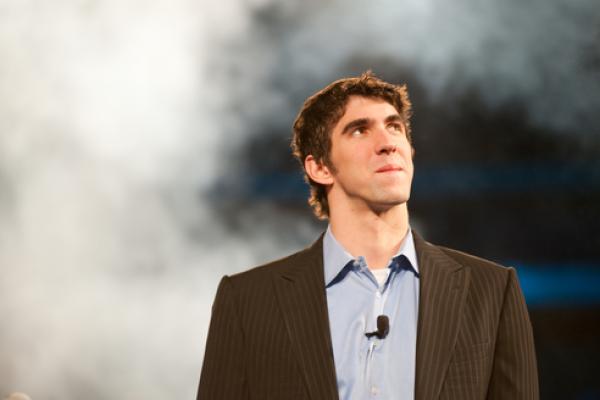I was fascinated by Jesus’ miracles as a kid. I pictured him alongside the Green Lantern and Batman stickers, adorning my canary yellow toy box. There he’d be, fists on his hips, a giant, red “J” on his chest and his long, blond locks, flowing in the wind.
It’s Super-Jesus!
The older I’ve gotten, the more circumspect I am about the nature of miracles and what they mean in the context of faith. I’m not in a place where I’m ready to qualify all of the miracles in the Bible as metaphor — though I think some likely are — but I am wary of affording too much weight to them, as if my own faith depended on them being literally true.
I started thinking more about this when I saw a magician, maybe 20 years ago, whose routine largely was built on replicating the miracles described in scripture. No, he didn’t raise anyone from the dead or heal them of any sicknesses that I’m aware of, but there are more “minor” miracles of transformation (water to wine), levitation (walking on water) and multiplication (fishes and loaves) that are all part of a modern-day magician’s wheelhouse.
When I met my wife, Amy, she described miracles more broadly as something wonderfully inexplicable that we choose to attribute to God. This made sense to me, but then I watched Michael Phelps achieve superhuman things in the water. He was accomplishing things no one in recorded history has ever done before. I can’t explain or really comprehend how he can do it. And although he did them, I attribute his physiology and gifts to God. So is what he does in the Olympics, according to Amy’s definition, a miracle?
It almost seems that we worship him as if they were miraculous acts. We literally put him up on a pedestal and adore him, much like how people adored Jesus. And just like with Jesus, these amazing feats, whether or not they are literally miraculous acts, are simply not enough. The fall will inevitably come.
If they were, Jesus wouldn’t have been abandoned at his most vulnerable moment. Some will argue that he saved the biggest and best for last, raising from the dead, which finally put all of his doubters in their place. Really? Then why are our numbers, at least in the Western World, in such precipitous decline?
If we focus solely on the supernatural, fantastic stories of Jesus, he becomes removed, unreachable, less human. And if we justify our faith by such miracles, what happens if someone else comes along who appears to be equally miraculous? Will we know the difference? Call it off-the-cuff amazement, but I’ve heard people describe the tricks performed by magicians David Blaine and Criss Angel as miracles. Do we even know the difference?
For me, the critical question is what we find beneath it all, or perhaps the better question is, where does it all point? In the cases of Michael Phelps, Criss Angel and David Blaine, the ultimate focus is themselves. I’m not saying this to condemn them, but rather to distinguish them from Jesus in this important way. It seems to me, based on my understanding of the Gospels, that Jesus always pointed toward something other than himself — toward God — in all he did and said. And in doing so, he performed what I consider his greatest miracle; complete transcendence of self.
This, I would argue, is something no magician or athlete, no matter how superior in their skills, will ever achieve.
Christian Piatt is an author, editor, speaker, musician and spoken word artist. He is Director if Church Growth and Development at First Christian Church in Portland, Ore. Christian is the creator and editor of "Banned Questions About The Bible" and "Banned Questions About Jesus." His new memoir on faith, family and parenting is called "PREGMANCY: A Dad, a Little Dude and a Due Date."
Michael Phelps photo: Randy Miramontez / Shutterstock.com
Got something to say about what you're reading? We value your feedback!
